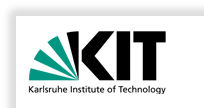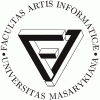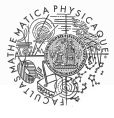Michal Malohlava (Charles University in Prague, Czech Republic)
Title: SOFA 2 Component Framework and Its Ecosystem

Abstract: Component-based development represents a common practice to assemble various kinds of systems using well-defined building blocks -- components.
SOFA 2 is a advanced component framework offering features like hierarchical architectures, multiple communication styles, behavior specification, etc. The SOFA 2 framework provides a well-defined development methodology based on rigorous component model, tool support, and transparent component distribution, deployment, and execution. Furthermore, SOFA 2 is suitable for development of systems for almost any domain. To allow this, SOFA 2 offers 'profiles', which extend the core of the framework to be suitable for particular domain. Currently, profiles for Java, Java ME and C-based systems exist, utilizing common development methodology and tooling.
This tutorial shows the SOFA 2 component framework and its ecosystem including various tools for architecture modeling, component implementation, deployment, and runtime monitoring. Furthermore, it
demonstrates development workflow stressing the advanced features of the used component model.






